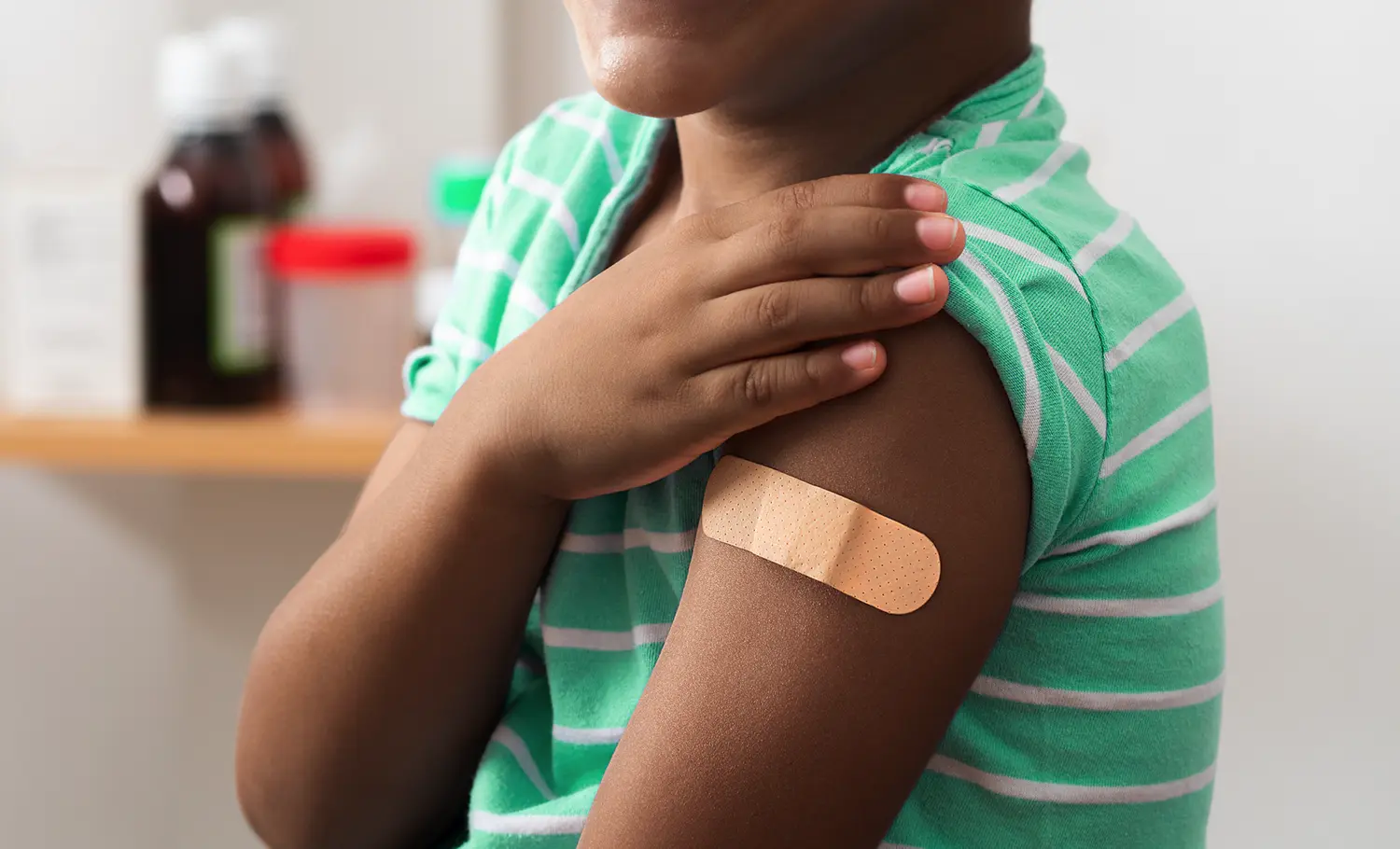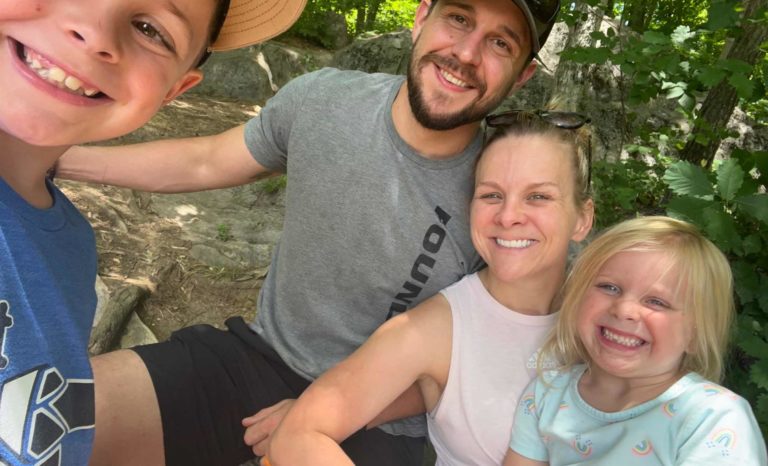It’s the time of year when kids bring home all kinds of germs. When your children are around other people — especially other children in daycare or school — it’s hard to avoid colds and the flu.
We start to see more patients in my pediatric office at Holston Medical Group in the fall when flu season starts. We are careful with each child because we know that the flu affects everyone differently.
For example, infants and young children may not be able to fight off the flu as well as an older child or teenager. The flu can also make children who have other health conditions — like asthma, diabetes, or heart disease — very, very sick.
While anyone can experience worsened illness due to the flu, kids who are younger than 5 or who have a chronic disease are at higher risk of problems like dehydration, bronchitis, sinus infections, and pneumonia. Some kids even need to go to the hospital.
That’s why the first key to fight the flu is to avoid it if you can. And we’re here to help.
Essential Flu Prevention Tips
Keeping your kids healthy during flu season starts with a few key steps. These include helping your kids:
- Schedule a yearly flu shot
The flu shot is safe for kids as young as six months, and I strongly urge people to get it every year. The vaccine can be given at your HMG provider’s office, where your children are already comfortable. This year’s vaccine protects against three strains of the flu. Unfortunately, the flu virus changes every year, so it’s important to get the vaccine as early as you can every fall. And what’s good to know is that kids can’t get the flu from the shot. They might have a mild side effect like a brief low fever, but nothing like the flu itself.
- Get enough sleep
Sleep is really important because it allows young bodies to recharge and boost their immune systems. Through their first two years, babies through toddlers should get 12-17 hours of sleep each day, including naps and overnight. By the time they reach preschool, kids should get 10-13 hours of sleep. Elementary school students through teenagers should be getting 9-11 hours of sleep.
- Eat healthy meals
Vitamins, minerals, and other nutrients also strengthen our immune systems. When young people eat lots of fruits, veggies, and other healthy foods, their bodies are better prepared to fight off diseases like the flu.
- Wash their hands regularly
Older kids know the benefits of washing their hands after going to the bathroom. It’s also helpful to remind them to wash after they’ve sneezed or been around other people who are sick. Keep a close eye on younger children and remind them to wash before and after they eat, use the restroom, or handle toys in public places (like the library, school, church, or daycare).
- Cover coughs and sneezes
“Don’t spread disease. Do the vampire sneeze!” The best trick when kids do get sick is to cough or sneeze in their elbows. To teach the trick to young kids, tell them it’s like a vampire hiding his face with his cape!

Watch for Symptoms of the Flu
The flu vaccine helps reduce how bad the virus strikes. It might help keep your family out of the hospital. But even if we’ve had the vaccine, we still might get a milder case.
Some common symptoms to spot when your child is battling the flu:
- Fever above 100.4
- Chills and shaking
- Dry cough
- Sore throat
- Runny or stuffy nose
- Muscle or body aches
- Headache
- Fatigue or uncommon drowsiness
- Throwing up or diarrhea
A child who has any or most of these symptoms should stay home from daycare or school. Rest and avoiding other people are good ways to fight the flu. If your kids are older, make sure they know to stay away from friends and classmates who show signs of being sick.

When to See Your Provider
Most cases of the flu can be fought at home with extra sleep and less activity. Still, sometimes symptoms can be so bad that your child needs to see their HMG provider or go to the emergency room. You should watch out for:
- Difficulty breathing or shortness of breath
- Bluish skin color
- Not drinking enough fluids
- Heavy or steady vomiting
- Pain or pressure in their chest
- Sudden dizziness or confusion
- Seizures
- Fewer than normal wet diapers — a sign of dehydration in infants
- Symptoms that get progressively worse in children under 5 with chronic conditions
HMG has urgent care locations in Kingston and Bristol. We also have an online scheduling system, so you can make an appointment with one of our providers at your convenience.
Our primary care providers and pediatricians like me have an on-call service available 24/7 to answer your questions. Or, you can send your health questions through the FollowMyHealth portal to your provider’s office.
Parents sometimes feel guilty when kids get sick, but it’s a normal part of life. You know your child best and HMG is here to answer questions about this year’s flu shot or any worries about your child’s health. We can help you get your baby back to bouncing and your older child back to school even after a bout with the flu.








